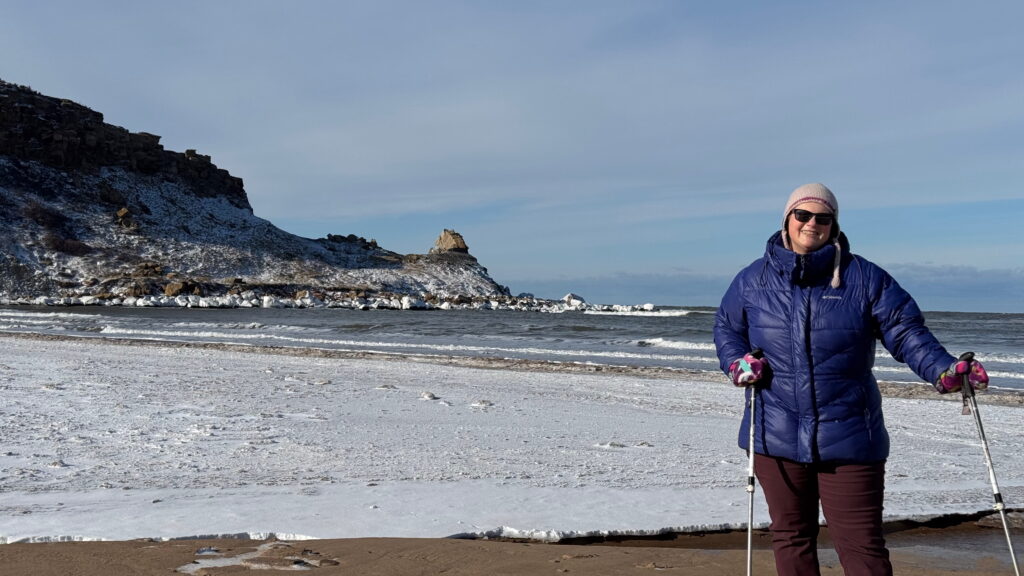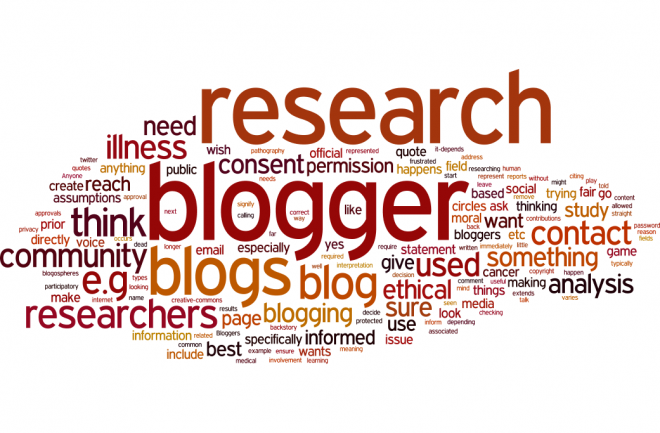I’m thinking of calling out to the blogging community (more specifically to the cancer blogging community – but I’m sure this extends to other blogospheres), in trying to create some way to signify to researchers how the blogger wants their blog to be used in research. I’m thinking something similar to what creative-commons has done for the copyright community, I’d like to create something that is “informed consent” for the blogger community. Bloggers would then make the official statement in their About Me page. This would give researchers an indication for how the blogger wants their content used in research.
Some of the statements might include:
- When and how to reach the blogger (e.g. email, leave a comment, no need to contact)
- What types of research I approve (e.g. all research, medical research, social media analysis, etc)
- What uses of the blog are allowed (e.g. analysis use without prior permission, analysis only with prior permission)
- What level of interaction does the blogger want with researcher (e.g. participatory research only, member checking required to ensure correct interpretation, no involvement in the research)
- How should my blog be represented in the research reports (e.g. quote me directly, don’t quote me, anonymous contributions only)
- What follow-up the blogger would like (e.g. contact me with research results)
Those are a few things that immediately come to mind. I’m sure there are a bunch more. In the next week or so, I’ll look at how best to reach out to the larger blogging community to get their ideas on what this statement could say – then I can look at the best ways of categorizing things.
Let me back and up start with the backstory on this. I’m looking at illness blogs in my research (more specifically the learning that occurs in breast cancer blogs). In doing so, I’m combing through the literature for anything written about illness blogs (or illness web logs, pathography, etc). As I read, I find myself a little frustrated that the far majority of researchers are both not bloggers and do not have critical illness. They are trying to be ethical in their methods, but they don’t have enough information to do so. They make assumptions based upon their field of study. What is ethical varies by field of study. For example, in social media analysis studies, anything on the public internet is fair game and does not require permission to use. So any blog that is not password protected, and any twitter chat is fair game for researchers. No approvals, no contact. In some circles it is common to use this public information logic as a reason to not need approval, but then remove names from quotes citing privacy. However, when I talk about researching blogs and ask if blogs represent “human subject research” I’m told yes, it-depends, or no depending on who I ask. If yes, then the bloggers in question need to give informed consent before their blogs can be used for research. I’m not sure happens if the blogger is dead (it happens when you research illness blogs). Then there is the issue of how best to contact the blogger. In some circles it is seen that if the blogger does not include an email address on their About page or in their footer, then they do not wish to be contacted. Anyone who blogs knows that the comments are how you typically reach a blogger – and especially if you are blogging about a health related issue and don’t wish to have your real name associated with your blog.
My point is, the topic isn’t that straight forward. Researchers are well meaning, but they are making assumptions about what is ethical and what is moral based upon their specific fields of study. The voice of the blogger doesn’t play into the decision about how the blog is used in research. I want to change that. I want the blogger to be able to give official informed consent (or inform of their choices/preferences) directly in the About page of the blog. This will be especially useful in legacy blogs where the blogger has died and can no longer be contact to gain consent.
Not exactly sure how to go about this, but I think it is something that is really important. I think that the blogger’s voice needs to be heard in the research space. I think that each individual blogger should have a say in how their blogs are used. I don’t think researchers should be deciding on what is ethical or moral, I think that is something the blogger should decide.
What do you think? Do we need a blogger code for researchers? How would you go about making that happen?


Leave a Reply